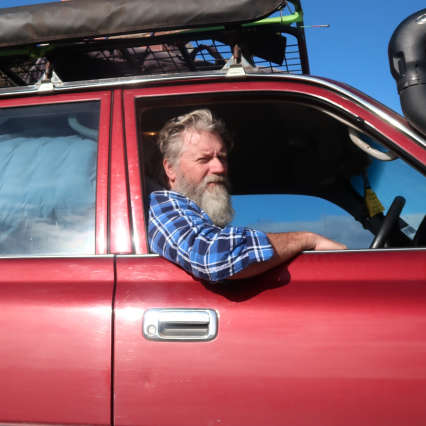If you’re lamenting the loss of our homegrown passenger cars, you’re not alone. In fact, it seems The Force is with you: The police force, that is.
While locally engineered and built Holden Commodores and Ford Falcons were the mainstay of local State police forces for many years, these days the boys and girls in blue have been forced into a range of imported alternatives.
And it seems that those replacements are not always especially “policing-friendly” as it was put to us recently.
Our source is a serving member of the Victorian Police, and although he is not an official spokesperson on this subject, our informal chat did reveal a few shortcomings in the vehicles now being tasked with protecting and serving.
A serving member in road policing command, our contact was able to fill us in on some of the problems being experienced in the shift from Commodore station-wagons.
Those issues begin with a spate of flat batteries, sometimes leaving the police vehicle stranded at the scene of a call-out.
To be fair, police vehicles do put a huge strain on their battery, due to the sheer number of electrical fitments all competing for volts.
A typical Victorian police car now will be fitted with two emergency-band radios as well as a CB radio, number-plate recognition technology and, of course, the red and blue lights.

“Soon after switching, we started having flat batteries all the time,” our source said.
“We had earlier argued for the cars to be fitted with twin batteries, but (they) assured us that the standard, single battery would be sufficient.
“Eventually, (they) told us that the failures were being caused by the fact that the cars had sat on a dock before being shipped to Australia, and that had caused the batteries to degrade.
“Replacing the original batteries has helped, but we still get flat batteries.”
Another part of policing that seems at odds with the turbo-diesel engines in the new vehicles is the requirement to sit idling for extended periods.
Long waits, sometimes several hours, at COVID-19 roadblocks highlighted this problem.
“We’ve found that if you just jump back in after idling the engine for a long time and hit the throttle, the car sometimes goes into limp-home mode,” our contact said.
“The solution is to switch the engine off when you return to the car and then restart it before trying to go anywhere. That works, but you’ve got to remember to do it.
Our source told us that nobody had yet figured out what causes this behaviour, but in a workplace where people often suddenly need to be somewhere else in a hurry, it seems less than ideal.
“The problem is that you can’t predict when a car is going to do this to you … but you certainly need to be aware of it,” they said.
The interiors of these cars also tend to cop a hammering in the hands of the police force.
Obviously, this is a problem for many makes and models, but the body-hugging seats aren’t especially compatible with the handcuffs, firearms and whatever else is carried on the officer’s belt.
Seat bolsters are easily damaged, but the high-tech information displays are also a problem as it extends right across the centre of the dashboard and reduces the available space to fit police-spec computer tablets and camera gear.
Our contact summed it up in typically restrained police style: “These are lovely cars to just go for a drive in. But they’re just not all that policing-friendly.”
CarsGuide has contacted Victoria Police for comment, but was told it "will not be providing a response".


.jpg)


.jpg)

.jpg)
.jpg)










.jpg)
.jpg)

.jpg)
.jpg)

.jpg)
_0.jpg)




Comments